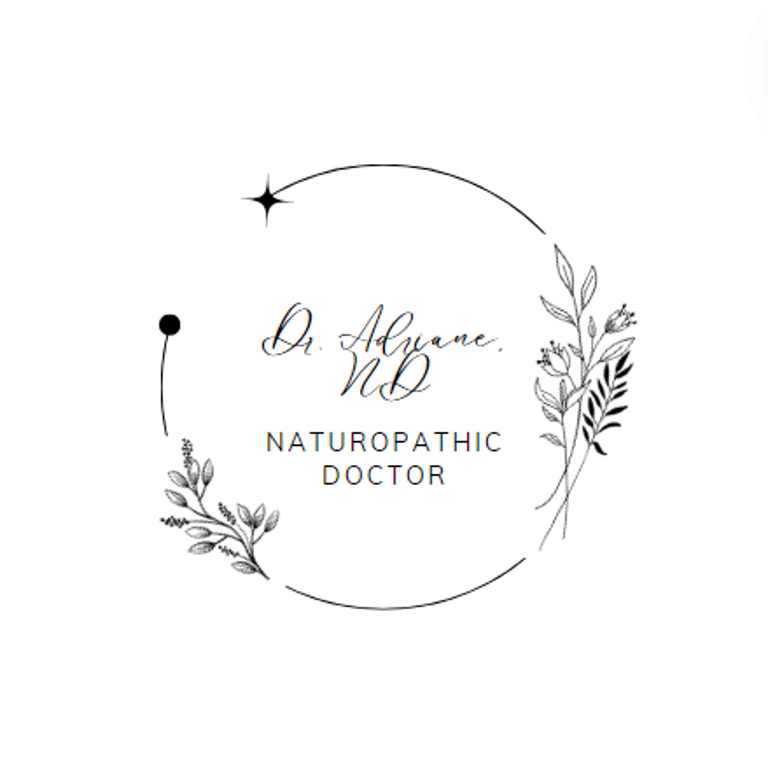Finding Food Freedom
Nutrition Support for Eating Disorders
I have always had a passion for supporting people through their recovery with eating disorders/disordered eating, and I know that recovery can be an amazing life changing experience.
I have so far been honoured to help many people in their eating disorder recovery journey, improve their relationship with food and body, and realize true changes in their overall lives. Eating disorders are not about food, and often have a strong psychosocial component, but they do become about food. This is why I created the Food Freedom Guide to help you get started with improving your relationship with food and learn more about the recovery process.
3 Meals, 2-3 Snacks
Whether you’re starting off from a place of binge eating or restricting, one of the most important things you can do throughout your journey is to reincorporate regular meals and snacks throughout the day. I understand that coming from either end, that can sound daunting, but it is the most effective way to restore proper functioning of your hunger and fullness cues, which become altered by eating disorders/disordered eating.
Restriction during the day likely leads to binge eating or over-eating later in the day, which can be followed by feelings of guilt, shame, and regret. This, however, makes sense as if your body is not getting enough fuel throughout the day, it will eventually look to make up for missed nutrition and will often over-shoot at a later point. This can look like binge eating in the evening, or in the coming days.
A technique that I have found to be very useful is to make a goal of having 3 meals and 2-3 snacks scheduled throughout the day. Depending on where you are in your recovery journey, jumping to this goal might not be a suitable option for you, so it can be helpful to work with a professional who can help guide you on how to best incorporate this technique. The overall benefit of eating 3 meals and 2-3 snacks per day is that it reduces restriction throughout the day, reduces the likelihood of binge eating, and can help regulate hunger and fullness signals so that they become more reliable when it is time to practice eating intuitively.
Eat Regularly Throughout the Day
Now that you’re focusing on increasing meal/snack frequency throughout the day, another helpful tool is going to be knowing how frequently you should be eating your meals/snacks.
An important tip during recovery: don’t go too long between meals/snacks!
Aim to schedule your meals/snacks every 3-4 hours in the beginning of your journey. This may change as time goes on, but it is important at the beginning to try to stick to a consistent eating schedule. Eating at regular intervals throughout the day can be helpful for re-establishing your hunger and fullness cues, supporting a balanced mood, avoiding restriction throughout the day, and reducing binge eating.
Building a Balanced Plate
Now that you’ve learned about how many meals/snacks to have and how often to have them, building a balanced plate is the next step. Emphasis on “next step”. At the beginning of your recovery journey, it may not be the time to focus too much on types of foods, while you more so focus on healing your relationship with food. At the beginning, you may be focusing on dismantling thoughts around food and improving meals and snack regularity – those are very important steps!
I find that as the eating disorder voice quiets, people want to really start to learn more about nutrition and how to build a satiating plate. Understanding the foundations of nutrition is helpful – macronutrients! Building a balanced plate often will include a food source from each macronutrient group – a protein, a carbohydrate, and a fat source. This combination can be very satisfying and make a great next step in your recovery process.
Incorporating All Foods
I said it. Incorporate all foods. I did not say “good” or “bad” foods. I said “all foods”.
I’m not sure where this comes in your personal recovery journey, but I do know that it is an important part of your recovery journey. Finding food freedom means being able to incorporate all foods into your nutrition without feelings of guilt, shame, or regret. It eventually means being able to go to the birthday party, or the road trip, or the theatre – being able to live life fully, without feelings of anxiety or a pull to restrict the following day.
Challenging yourself to incorporate all foods in a healthy way is a part of the recovery process. For some, it can look like having a pastry after dinner, and for others it can mean only having the one pastry after dinner and it not leading to a binge. Incorporating all foods means that you can have the flexibility around meals and snacks and free up mental space that can now go towards other areas in life you want to focus on enjoying!
Recovering from an eating disorder or disordered eating can be very challenging and support is often needed throughout the journey. In addition to nutritional counselling, therapy is often a very important component of recovery and is something I typically recommend.
Recovery is a personal experience and should be tailored to your unique needs. Doing what someone else has done and at the pace they did it at might not be best for you, and it is important to go at your own pace. If you, or someone you know, needs guidance in their eating disorder recovery journey, I would love to offer my support.
